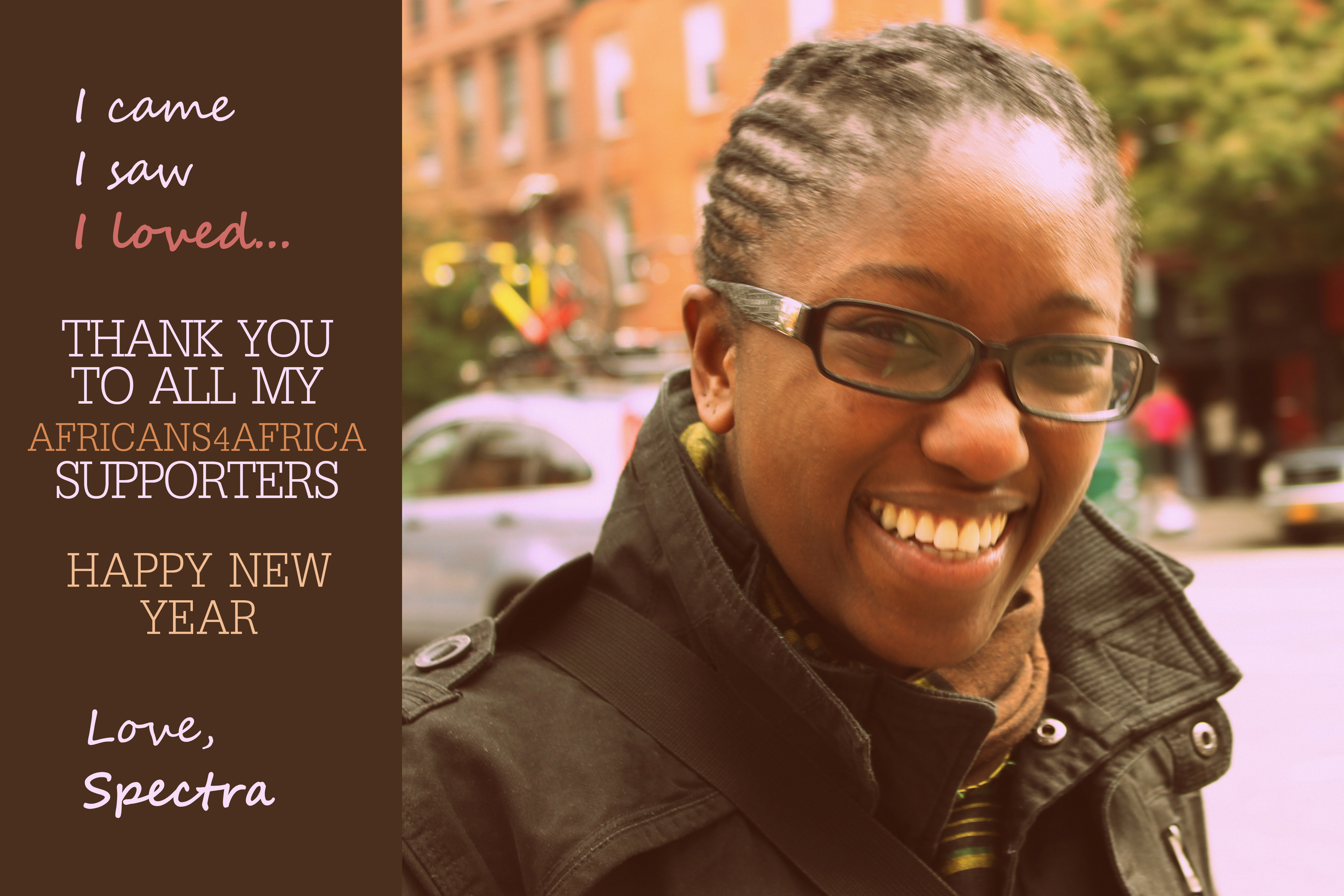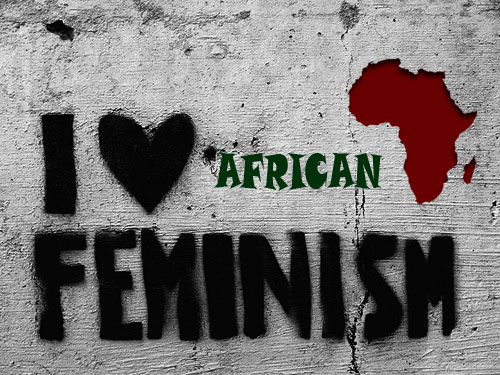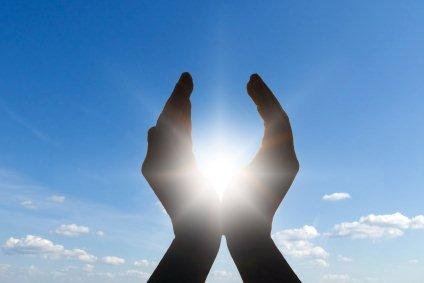Rather than the prophetic force he's been eulogized to be, imagine Martin Luther King Jr. as just another man walking down the street, or sitting at a bus stop looking down at his knees, pensive... wondering whether or not he was doing the right thing. Imagine him as human, so…
-
-
Open Letter to Africans for Africa Supporters: Love Is My Revolution
This is my last post for 2012. I've been back in the states for almost two weeks, struggling with what words to send you in closing of my Africans for Africa new media training project. I've started about a dozen posts and letters, and have scrapped them each time. But…
-
Advocacy - Africans for Africa - Blog - Media Activism - New Media - Philanthropy - Special Series - Thought Leadership
7 Social Media Ideas That Will Strengthen Digital Activism in Africa
Last week, I had the pleasure of participating in the West African Civil Society Institute (WACSI)‘s Social Media Experts conference in Accra, Ghana. The conference brought together African social media experts, enthusiasts, and activists from across the continent, which got me thinking about ways we can strengthen "digital activism" across…
-
3 LGBT-Friendly African Feminist Organizations Who Aren’t Afraid of Using the F-Word
Given the tensions that exist within and around African feminism, I was pleasantly surprised to find (and get to know) three amazing organizations that have found a way to strike a balance between engaging all kinds of women from where they are and empowering women who already identify as feminists…
-
Response to “An End to Self Care”: How About “An End to the Activist Martyr Complex?”
An articled called, "An End to Self Care" was recently published, in which an activist proposed bringing an end to all the individualism behind "self-care" and, instead, called for sustainable community care. His piece (and some of its praise) reminded me why I've made it a point to stay away…
Online rulet oyunları gerçek zamanlı oynanır ve online slot casino bu deneyimi canlı yayınlarla destekler.
İnternet üzerinden eğlence bahsegel giriş arayanlar için deneyimi vazgeçilmezdir.
Kullanıcıların hesaplarına hızlı ve sorunsuz bettilt ulaşabilmesi için adresi her zaman güncel tutuluyor.




